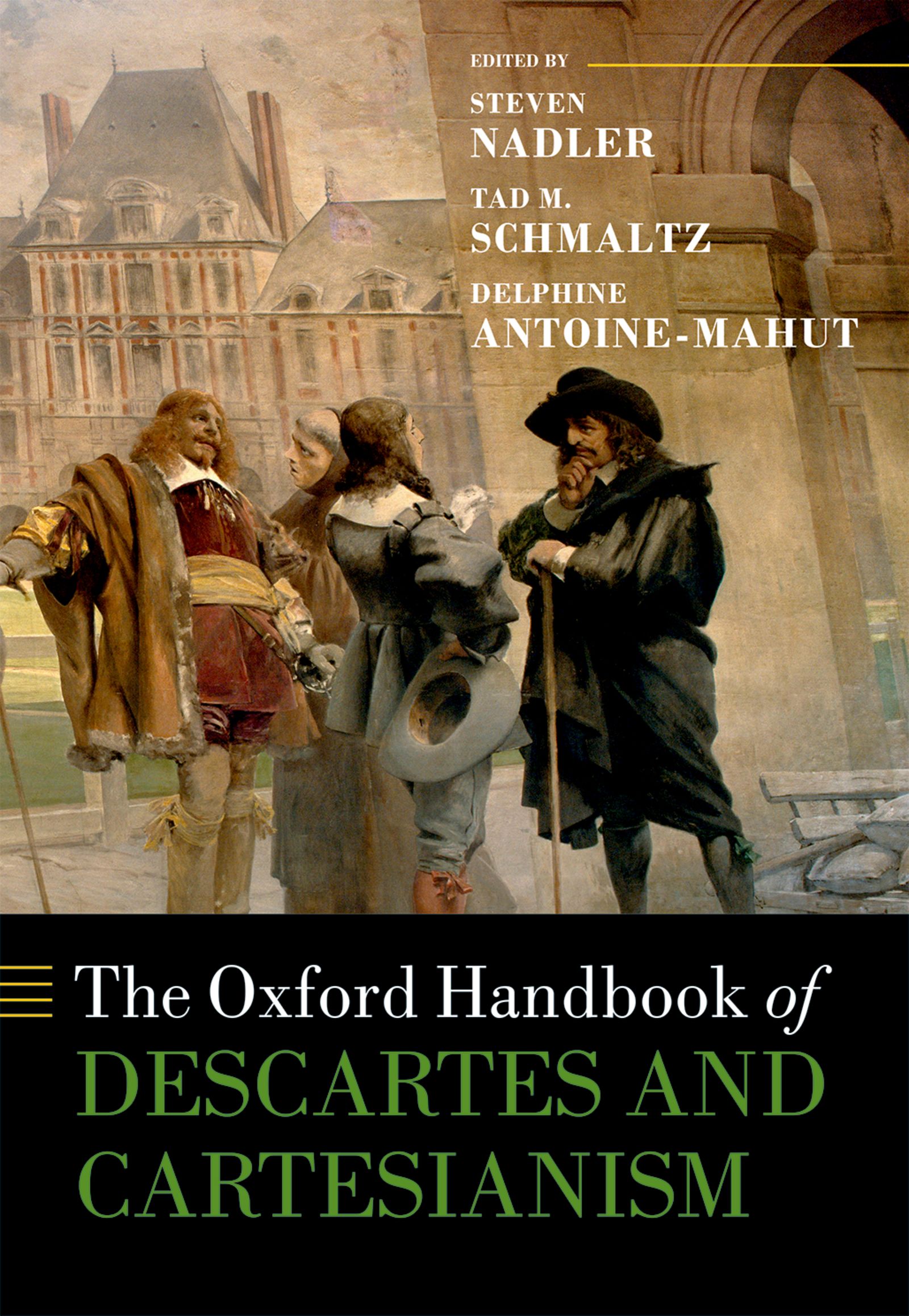Steven Nadler
Steven Nadler is the William H. Hay II Professor of Philosophy, Evjue-Bascom Professor in Humanities, and Weinstein-Bascom Professor of Jewish Studies at the University of Wisconsin-Madison, where he has been teaching since 1988. He has been the edit
... Read more
Steven Nadler is the William H. Hay II Professor of Philosophy, Evjue-Bascom Professor in Humanities, and Weinstein-Bascom Professor of Jewish Studies at the University of Wisconsin-Madison, where he has been teaching since 1988. He has been the editor of the Journal of the History of Philosophy, and President of the Central Division of the American Philosophical Association. Nadler previous publications include A Book Forged in Hell: Spinoza'sScandalous Treatise and the Birth of the Secular Age (Princeton, 2011), The Philosopher, the Priest and the Painter: A Portrait of Descartes (Princeton, 2013), Spinoza: A Life (Cambridge, 1999/2018, winner of the Koret Jewish Book Award), Rembrandt's Jews (Chicago, 2003, finalist for the Pulitzer Prize), Menasseh benIsrael: Rabbi of Amsterdam (Yale, 2018), and the graphic book Heretics! The Wondrous (and Dangerous) Beginnings of Modern Philosophy (Princeton, 2017) with his son Ben Nadler.Tad Schmaltz is Professor of Philosophy and James B. and Grace J. Nelson Fellow at the University of Michigan, Ann Arbor. His areas of specialization are the history of early modern philosophy, the history and philosophy of early modern science, and the relations among philosophy, science and theology in the early modern period. He has as special interests the variety of early modern "Cartesianisms"; the influence of late scholasticism on early modern thought; the nature of the "ScientificRevolution"; and early modern versions of substance-mode metaphysics, theories of mereology, and views of causation and freedom.Delphine Antoine-Mahut is Professor of Philosophy at the ENS Lyon, France. Her research focuses on early modern philosophy, especially on the relations between metaphysics and physiology; on the historiography of early modern philosophy, in order to highlight the genesis of our current representations of modernity ; and on the various receptions of cartesianism, particularly on the crossed genesis of an official spiritualist model and an unofficial empiricist one.
Less











